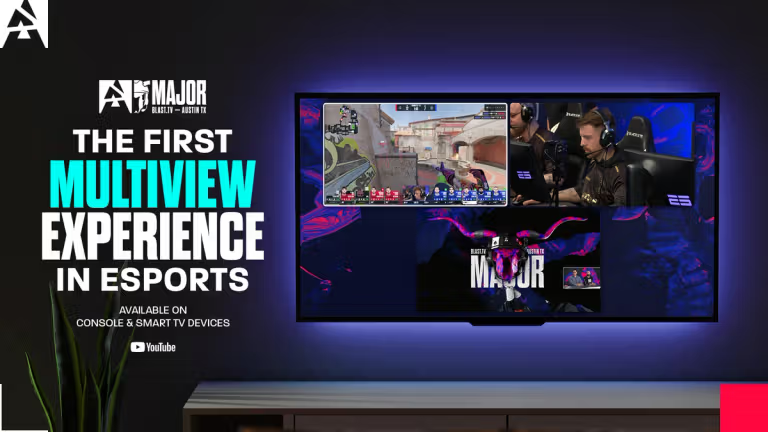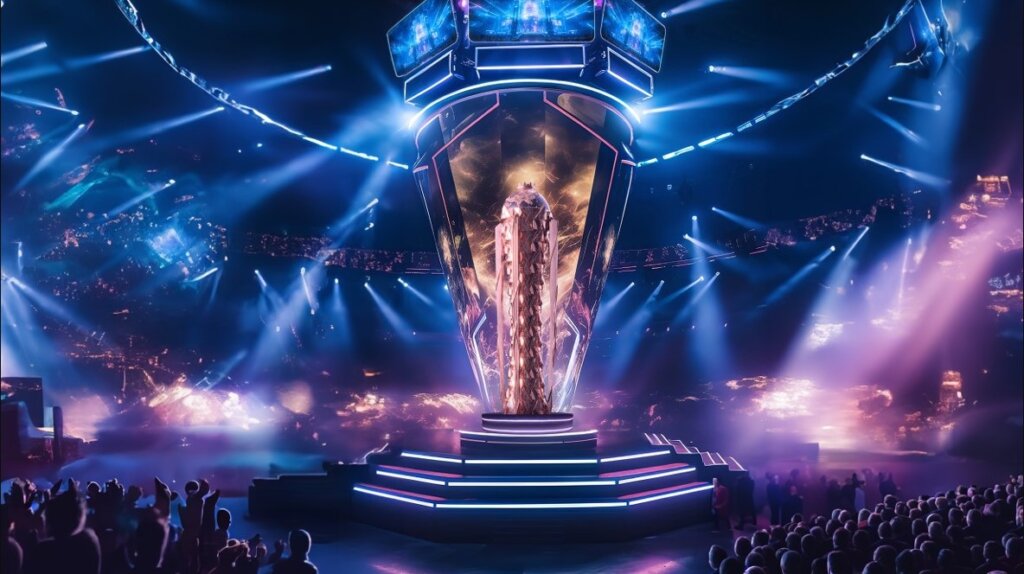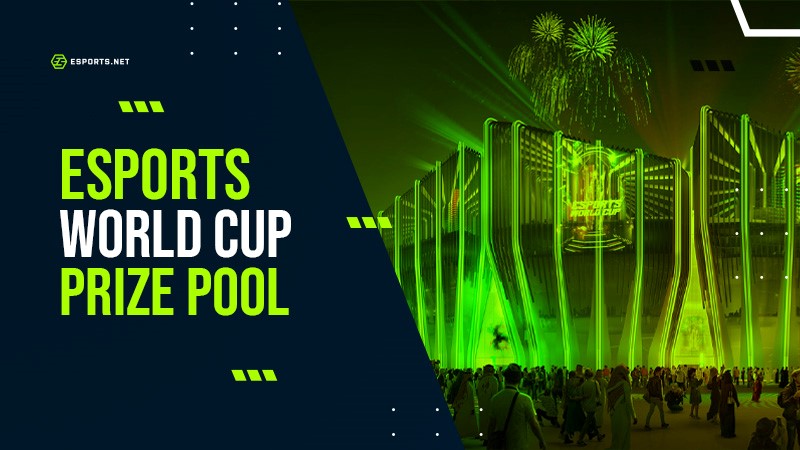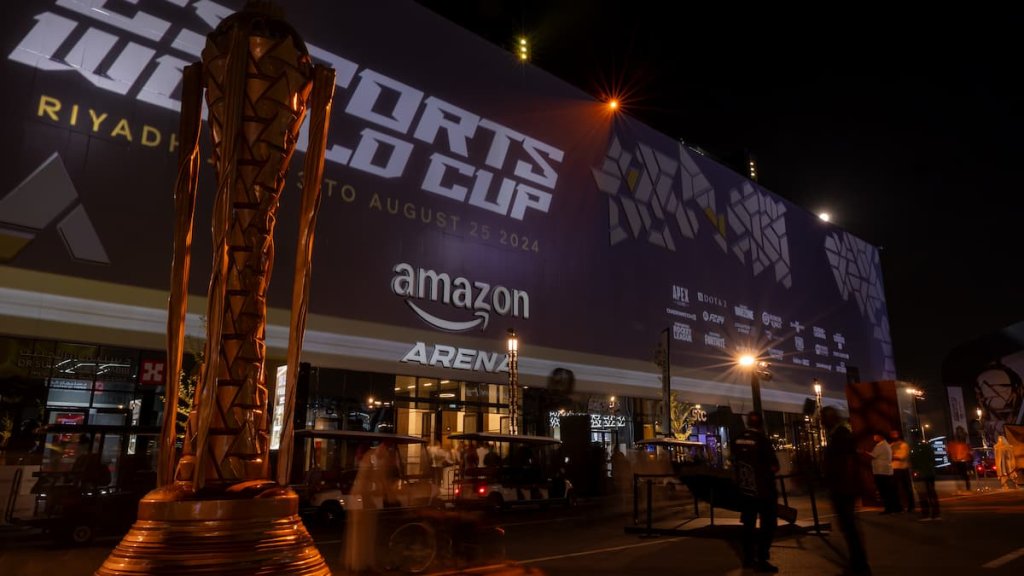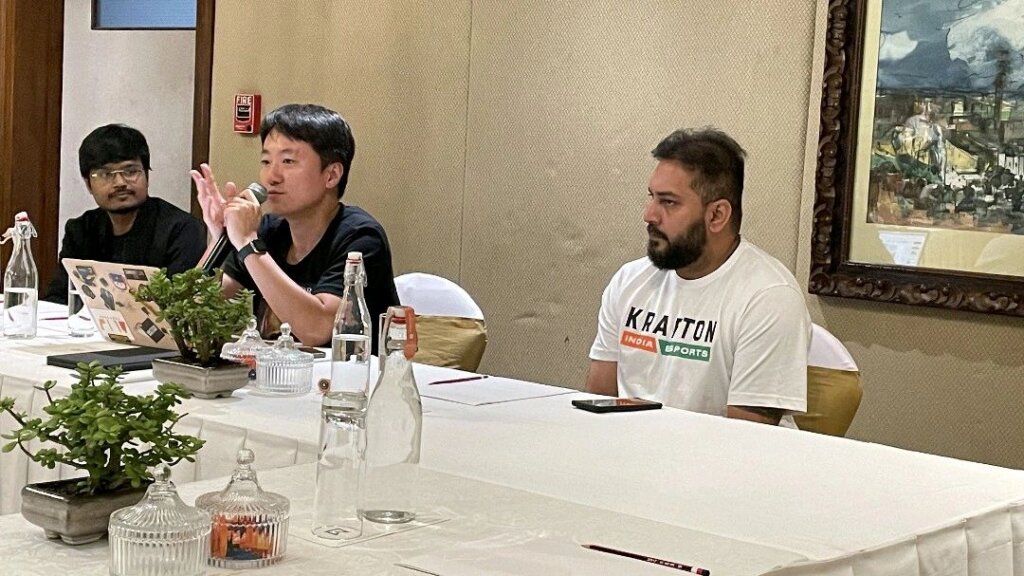
Esports and Accessibility – Japan takes a step forward
In traditional sports, being able-bodied and capable of participating is important – all players of both team and individual sports need to be in top physical shape in order to be able to compete. While esports athletes also need to be in top form, this doesn’t necessarily mean being able to sprint a hundred metres in 9 seconds – in fact, whether they are good runners doesn’t matter at all.
Esports is pre-destined to be the ultimate inclusive sport. Game skill, game sense, tactics and techniques are far more important than anything else. From wheelchair-users to amputees, just about anyone can play video games. Even players who are unable to use a regular controller or keyboard can still participate by using adapted versions. More and more of those are being created and available for purchase.
Despite this, disabled gamers don’t often get the chance to shine. Pro teams of the most popular esports teams tend to not sign minorities very often (as an example, the Overwatch League still only has one female player, and one openly gay player!). Perhaps to counteract this trend, Japan has now decided to give a specific platform to talented disabled players.

© Kyodo News
During the Gunma Esports Festival in Gunma Prefecture, Japan, four teams of five players each are going to be competing in a dedicated League of Legends match, for a prize total of one million yen. Don’t get too excited – that’s roughly $9.400, but more than the monetary prize, the fact that this competition is available for players that aren’t able-bodied is great – it gives an open and inclusive platform to a group that often struggles to find a voice.
The event that is taking place on the 31st of August as part of a larger esports event is going to be supported by Onelife Inc, a company that provides adaptive equipment for the players in order to better be able to use the devices needed to play. This includes specialty gamepads and chairs in order to allow talented gamers to show off their skills. Onelife has also been coaching several players since late last year in order to help them adapt to gaming with their disabilities. Four of the players in the tournament are reliant on this equipment – they could not play without. This includes a sufferer of muscular dystrophy (an illness where muscle mass and body control eventually fades into paralysis) who uses a controller moved with his breath and mouth to play.
Another brave competitor suffered a stroke at a comparatively very young age and is now only able to use his right hand to play – he too has a specialty controller to help with this. The 45-year old Yuichiro Kanmai has tall goals that he hopes this event will help realise: “I want to remove the wall between us and able-bodied people.”
It would be wonderful to see esports realise its potential as a truly equal platform that allows able-bodied and disabled people to compete at a similar, high skill level – Esports in Japan is growing fast, perhaps other countries and competitions will follow Gunma, and soon this will be a more common thing!
